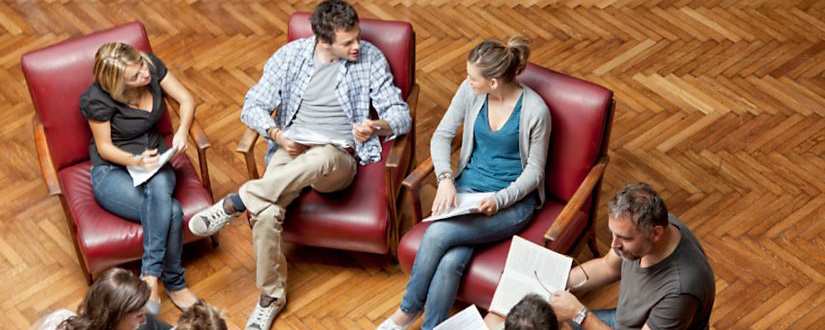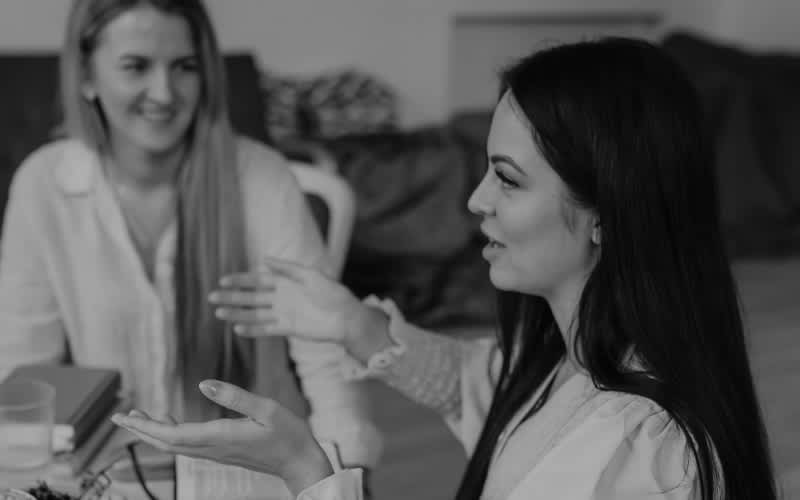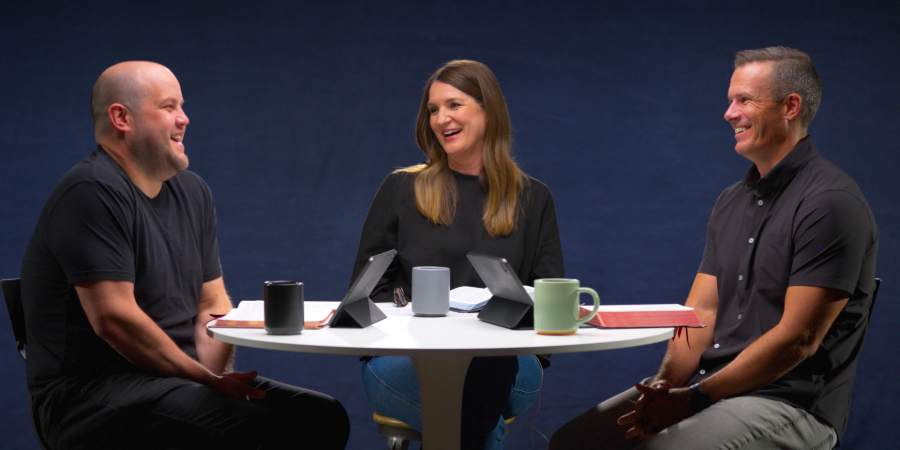
Helpful articles to enrich your Christian walk.
Sermons
- Lifeway Pastors
- Lifeway Pastors
Recent
God’s love meets us in our sin, transforms us through Christ, and holds us forever—nothing can separate us from Him.
May 29, 2025
- Lifeway Staff
Whoever believes in Jesus receives eternal life and lasting security in Him. Discover the eternal promise of salvation, the call to live with a kingdom focus, and the unshakable assurance found in Christ alone.
May 29, 2025
- Lifeway Staff
Salvation through faith in Jesus is available to all—no distinction, no exception. Discover how belief, not works, makes us righteous before God and begins a lifelong transformation by His power and grace.
May 29, 2025
- Lifeway Staff
Explore how Jesus Christ has always been God's plan for salvation. Learn about His role as our living hope, the gift of grace, and our response to follow Him in holiness and love. Based on John 1, John 3, and 1 Peter 1.
May 29, 2025
- Lifeway Staff
Explore the powerful message of God’s love and salvation through Jesus Christ in the God’s Message to You sermon series. Learn how faith, grace, and eternal life transform your relationship with God.
May 29, 2025
- Lifeway Staff
What if the old saying “You are what you eat” points beyond health to holiness? Explore how this phrase echoes a sacramental truth about identity, spiritual formation, and the transformative power of Christ in us.
May 20, 2025
Paul's letter to the Romans offers timeless truth—calling believers to unity, faith, and love in a broken world, anchored in God's original design.
May 20, 2025
Deepen your church’s discipleship with a Christ-centered program rooted in Scripture, doctrine, and spiritual practices. Discover Deep Discipleship.
May 19, 2025
Discover a God-centered vision for discipleship that calls the church to deeper engagement with Scripture, doctrine, and the glory of God through Christ.
May 18, 2025
Trending
March 17, 2025
- Chasity Phillips
March 25, 2025
April 8, 2025
March 2, 2018
- Joe Beckler
August 21, 2024
- Lifeway Staff
June 30, 2024
- Brooks Faulkner
September 15, 2024











